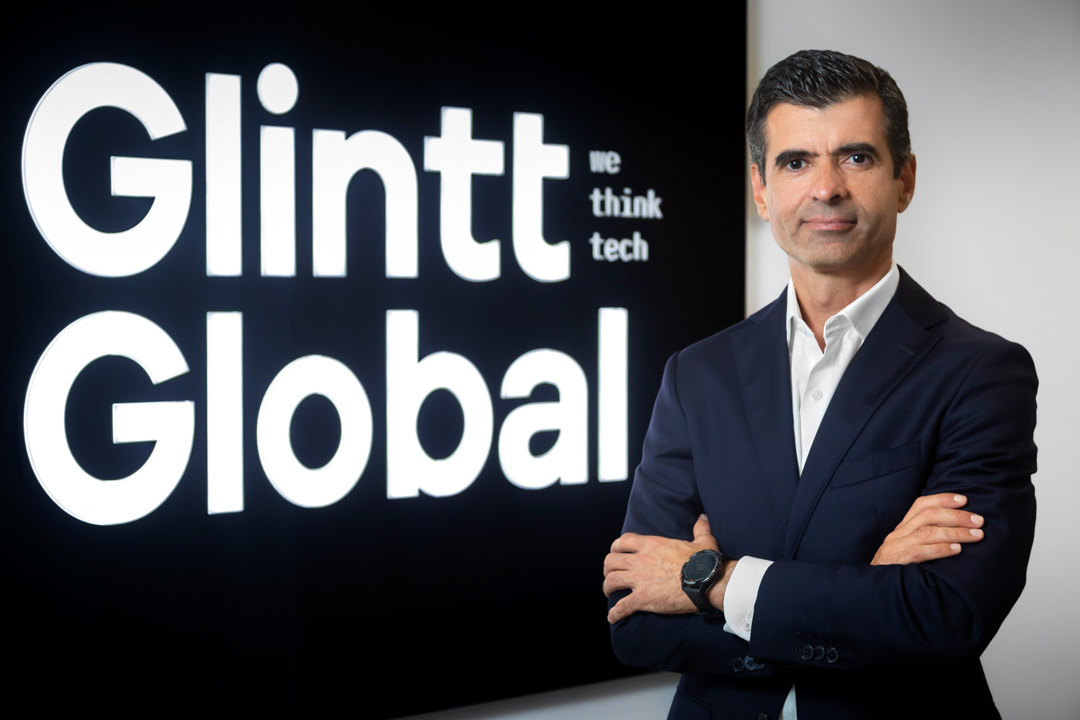The rapid and incessant technological development we are witnessing today is not just a transformation in terms of tools and processes, it is also a profound redefinition of the profile of the professionals working at the centre of this change. The recent rise of Low-Code platforms and advances in Artificial Intelligence are among the main drivers of this change, challenging traditional paradigms and demanding a new set of skills and competences
Low-code platforms, which allow applications to be developed using intuitive graphic interfaces and with minimal manual coding, are democratising the creation of technological solutions. This democratisation not only speeds up the software development process, but also makes technology accessible to a broader spectrum of professionals. Now, people with backgrounds in non-technical areas can design, implement and deliver solutions without the need to master any particular programming language. The resulting impacts are profound, as the boundaries between technical and non-technical professionals are blurred, with greater emphasis now being placed on skills such as solution design, team coordination and business knowledge.
Forrester estimates that the Low-Code market could approach 50 billion dollars by 2028 and Gartner predicts that, by 2026, around three quarters of all new applications will be built using Low-Code technologies.
At the same time, Artificial Intelligence continues to be a fast-growing field, influencing everything from IT operations to business strategies. With systems that learn, adapt and potentially operate autonomously, the profile of the technology professional is increasingly leaning towards specialists who not only master regression and classification algorithms, but also have relevant business knowledge and strong skills in data management and systems integration. In addition, the ability to collaborate with intelligent agents and understand the resulting ethical implications will soon be just as crucial as traditional technical skills.
Gartner predicts that by 2025, generative AI will be a working partner for 90 per cent of companies worldwide and Forrester estimates that the generative AI market will grow by 36 per cent annually over the rest of the decade.
This evolution is also gradually but inevitably moulding the national education and training system. Educational institutions are adapting their curricula to include essential skills in emerging technologies, making them more modern and better suited to the needs of the society of the future, a society where technologies will necessarily have to collaborate with other areas of knowledge. In addition, continuous learning and training are increasingly becoming essential components for any technology professional, given the speed with which innovations are introduced to the market.
The technology sector has already passed the tipping point, where new technologies and paradigms are not only transforming what technology professionals do, but are also redefining how and by whom work is done. In response, organisations must re-evaluate their recruitment and talent development strategies, emphasising the diversity of skills, versatility and adaptability of professionals.
As a result, in order to thrive in this new technological era, technology professionals must adapt quickly, not only by keeping their technical skills up to date, but also by developing and adapting interpersonal and strategic skills. They will now need to be not only technology implementers, but also adaptable assets, capable of navigating the complexity of a constantly evolving environment.
Changes are on the horizon, not only in terms of technology, but also in the fundamental profile of the professionals who mould and are moulded by these same technologies. The future of work in technology will be characterised by an ever greater intersection between technology, business and human dynamics, a triad that will define the leaders of the next generation.
source: it insight


